Tell us a bit about yourself, background?
I worked in retail management for around 10 years until during my late twenties I decided I wanted to join the RAF reserves; it was something I had always wanted to pursue. But when my employer at the time couldn’t support it due to being a small business, I chose to join the regular RAF as a Logistics Mover in 2011. When I joined my son was 4 years old and I had just become a single mum which was a challenge, and I am grateful to my parents for the support they provided me so that I could juggle training and being a single parent in the armed forces. My husband and I met during our RAF service we currently live in Oxfordshire waiting for where the RAF will take him and our family next.
You left the Armed Forces 3 years ago, tell us what are you doing now?
I left the RAF just over 3 years ago when I was medically discharged. I now work for Mace as a Planning Manager; I work as part of a defence contract delivering a programme or building upgrades and new build for the client.
Can you share a specific moment or accomplishment from your time in the military that you’re particularly proud of?
My biggest accomplishment was at the end of 2016 when I received a New Year Honors for my work at RAF Brize Norton in Passenger Services, due to staffing restraints I was deputising for both junior and senior management. I was solely responsible for the day-to-day operations of the office, handling the administration of outbound flights, addressing passenger queries, and coordinating VIP tasks for members of the Royal Family and the incumbent Prime Minister.
How did you prepare for your transition out of the military, and what were some of the initial challenges you encountered?
When I knew there was a possibility, I was going to be medically discharged I started to think about qualifications. I used my ELCAS to do my Access to HE in Construction and started my undergraduate degree in Building Surveying part-time in 2020. I am due to finish my degree in February next year so still learning and developing but knew I wanted to work in the construction industry. As I left during the Covid pandemic; this was difficult because employers were scaling back rather than growing their businesses. I wanted to find a new career rather than just the next job, somewhere that I could grow and be nurtured.
A challenge I found was underselling myself and what skills veterans can bring alongside qualifications. In the years after leaving where I have been mentoring service leavers, I have found multiple charities and organisations that would have been advantageous during my resettlement and journey into industry which I advise others to use to their advantage.
What do you feel are the main differences in culture and environment between military and civilian workplaces?
I think for me the difference has been around the job environment I work in, I was used to being in the office around people in a busy Operations Room, cargo hanger or even loading an aircraft but now I spend my day on Teams with a lot of that managing my own time at home or Hub working. A big difference in the workplace is it isn’t as easy to form workplace camaraderie as it is in the military, there are a lot of veterans in the industry and the networks can provide some opportunities out of your direct teams.
How do you think civilians can better understand and support veterans? What do you miss most about being in the military?
As a veteran, many of us bring apprenticeships and qualifications we gained whilst in the military. This in addition to the transferable skills that a veteran brings such as communication, problem solving, leadership and a strong work ethic are valuable to the civilian workplace. A lot of companies have formed military networks that help support other veterans when entering their first civilian job and this support is important as it can be quite an adjustment into the civilian workplace for someone who has left the military.
The thing I miss the most about the military is the fast-paced environment and the challenges then feeling like you made a difference but knowing that you had people there alongside you that would support you and there was always some light-hearted banter to get you through the bad days.
How did your military experience influence your career choices or personal goals post-service?
The construction industry standards of safety and integrity gave me a sense of comfort that I had gained from my experience of working around aircraft and dangerous goods. I did know that I didn’t want to take that experience straight into a logistics role, my dad was a builder so growing up I had always had an interest in buildings and construction so used that passion alongside my transferable skills to gain a role in a new industry.
What support networks or resources did you find most helpful during your transition?
I had the opportunity to attend courses at Tedworth House as at the time it was still open pre-Covid, during the course I had support from resettlement advice from RBL and CTP. I primarily used BuildForce where I was looking for work in the construction industry, their online sessions and mentors were invaluable especially during lockdown when you were unable to go to in-person events and network.
What do you think are some common misconceptions people have about veterans, and how do you address them?
I think there is a common misconception that either we are old or suffer from PTSD. It is fantastic how we can now talk openly about mental health, and its impacts but it doesn’t mean every veteran requires help, but if they do it’s good to know how to signpost. I think most veterans have been tasked with things in the military that were vastly different to a civilian job and these could have brought both positive and negative experiences, even the negatives can be continuous improvement in knowledge of how we have grown in to the people we are today.
Looking back, is there anything you wish you had known or done differently during your transition out of the military?
I don’t think there was, I did turn down the first role offered to me and during the pandemic this was risky, but it just didn’t seem the right fit for me. It wasn’t a role I wanted so I did some temp work while waiting for the right role, when my current job became available. I always tell people to trust their instincts and if the company or job role doesn’t feel right then it’s probably not.
What is the one piece of advice you can give someone who is now on resettlement looking for their next move?
Network! I went on so many interviews and gave so many CVs but networking is the way to go. It also helps to find companies that you never knew about. So go to events and use that confidence in communication that the military has given us and introduce yourself to as many people as you can.





Responses